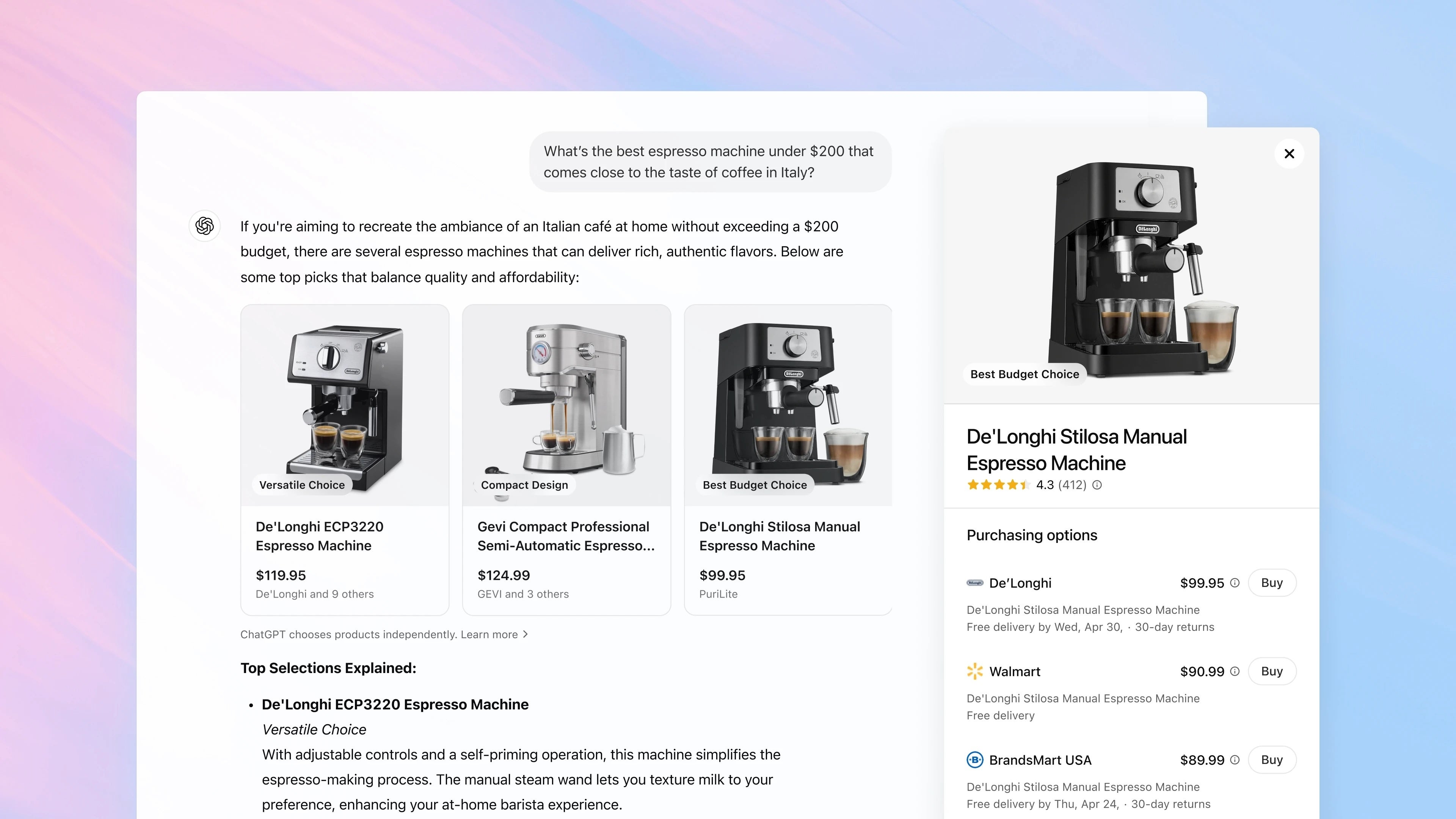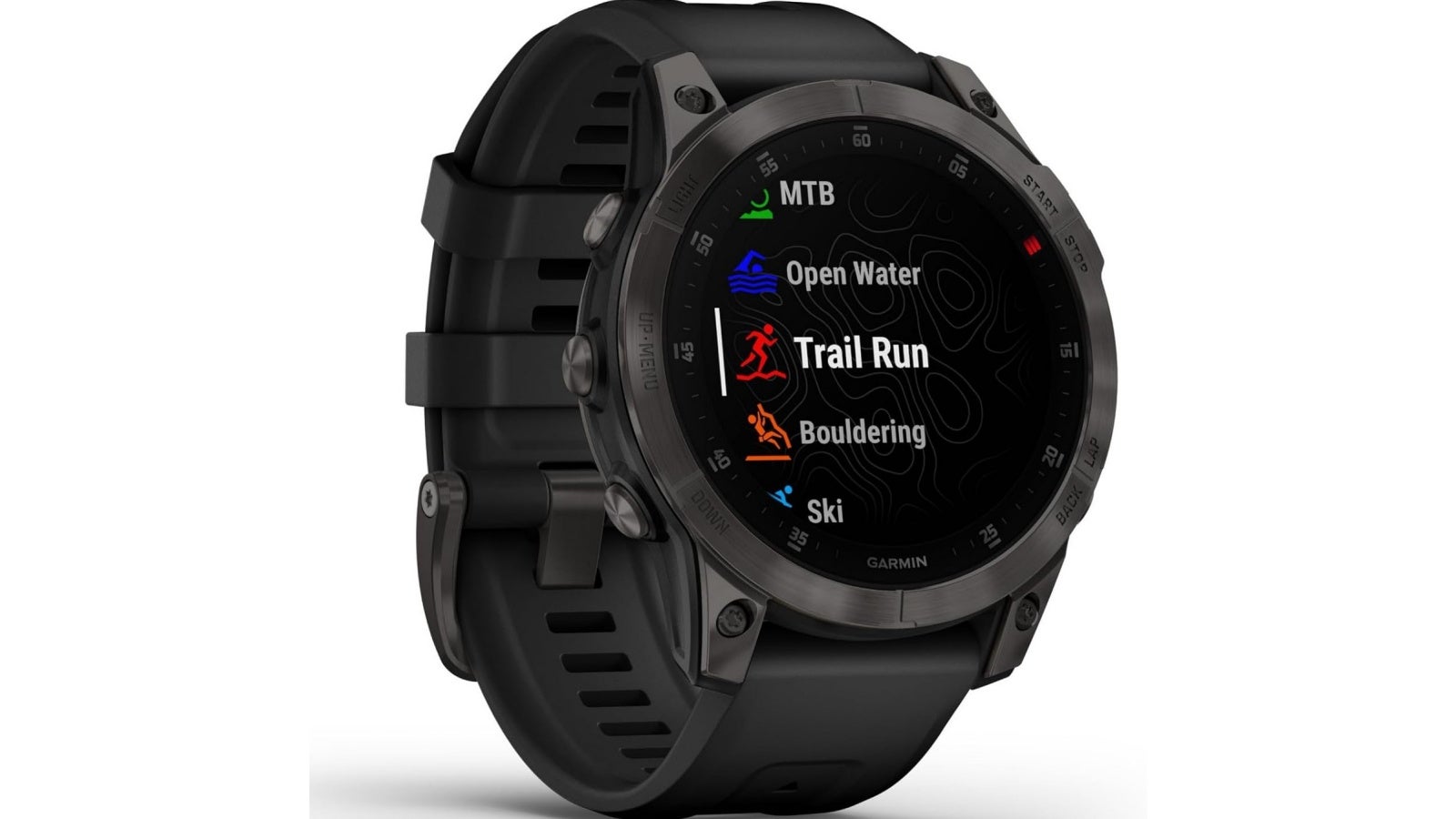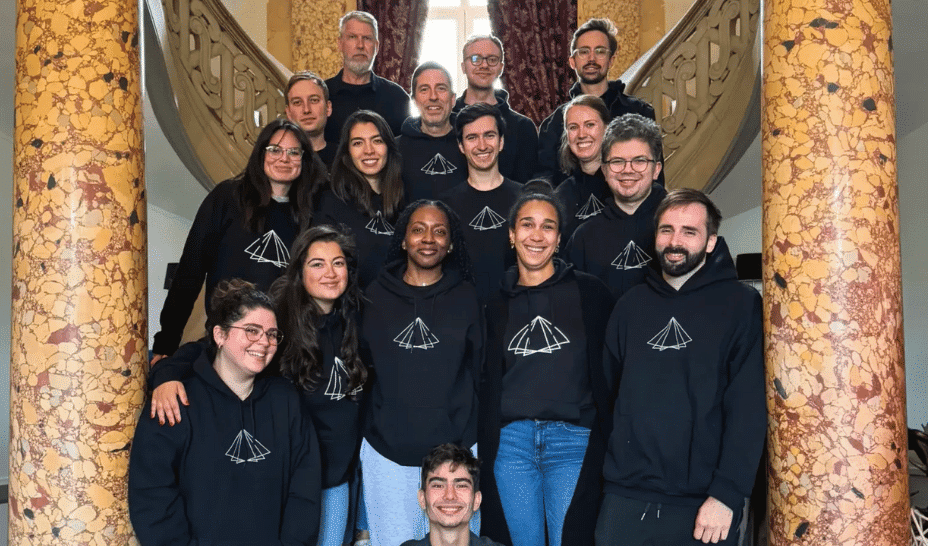The WAVLab Team is Releases of VERSA: A Comprehensive and Versatile Evaluation Toolkit for Assessing Speech, Audio, and Music Signals
AI models have made remarkable strides in generating speech, music, and other forms of audio content, expanding possibilities across communication, entertainment, and human-computer interaction. The ability to create human-like audio through deep generative models is no longer a futuristic ambition but a tangible reality that is impacting industries today. However, as these models grow more […] The post The WAVLab Team is Releases of VERSA: A Comprehensive and Versatile Evaluation Toolkit for Assessing Speech, Audio, and Music Signals appeared first on MarkTechPost.

AI models have made remarkable strides in generating speech, music, and other forms of audio content, expanding possibilities across communication, entertainment, and human-computer interaction. The ability to create human-like audio through deep generative models is no longer a futuristic ambition but a tangible reality that is impacting industries today. However, as these models grow more sophisticated, the need for rigorous, scalable, and objective evaluation systems becomes critical. Evaluating the quality of generated audio is complex because it involves not only measuring signal accuracy but also assessing perceptual aspects such as naturalness, emotion, speaker identity, and musical creativity. Traditional evaluation practices, such as human subjective assessments, are time-consuming, expensive, and prone to psychological biases, making automated audio evaluation methods a necessity for advancing research and applications.
One persistent challenge in automated audio evaluation lies in the diversity and inconsistency of existing methods. Human evaluations, despite being a gold standard, suffer from biases such as range-equalizing effects and require significant labor and expert knowledge, particularly in nuanced areas like singing synthesis or emotional expression. Automatic metrics have filled this gap, but they vary widely depending on the application scenario, such as speech enhancement, speech synthesis, or music generation. Moreover, there is no universally adopted set of metrics or standardized framework, leading to scattered efforts and incomparable results across different systems. Without unified evaluation practices, it becomes increasingly difficult to benchmark the performance of audio generative models and track genuine progress in the field.
Existing tools and methods each cover only parts of the problem. Toolkits like ESPnet and SHEET offer evaluation modules, but focus heavily on speech processing, providing limited coverage for music or mixed audio tasks. AudioLDM-Eval, Stable-Audio-Metric, and Sony Audio-Metrics attempt broader audio evaluations but still suffer from fragmented metric support and inflexible configurations. Metrics such as Mean Opinion Score (MOS), PESQ (Perceptual Evaluation of Speech Quality), SI-SNR (Scale-Invariant Signal-to-Noise Ratio), and Fréchet Audio Distance (FAD) are widely used; however, most tools implement only a handful of these measures. Also, reliance on external references, whether matching or non-matching audio, text transcriptions, or visual cues, varies significantly between tools. Centralizing and standardizing these evaluations in a flexible and scalable toolkit has remained an unmet need until now.
Researchers from Carnegie Mellon University, Microsoft, Indiana University, Nanyang Technological University, the University of Rochester, Renmin University of China, Shanghai Jiaotong University, and Sony AI introduced VERSA, a new evaluation toolkit. VERSA stands out by offering a Python-based, modular toolkit that integrates 65 evaluation metrics, leading to 729 configurable metric variants. It uniquely supports speech, audio, and music evaluation within a single framework, a feature that no prior toolkit has comprehensively achieved. VERSA also emphasizes flexible configuration and strict dependency control, allowing easy adaptation to different evaluation needs without incurring software conflicts. Released publicly via GitHub, VERSA aims to become a foundational tool for benchmarking sound generation tasks, thereby making a significant contribution to the research and engineering communities.
The VERSA system is organized around two core scripts: ‘scorer.py’ and ‘aggregate_result.py’. The ‘scorer.py’ handles the actual computation of metrics, while ‘aggregate_result.py’ consolidates metric outputs into comprehensive evaluation reports. Input and output interfaces are designed to support a range of formats, including PCM, FLAC, MP3, and Kaldi-ARK, accommodating various file organizations from wav.scp mappings to simple directory structures. Metrics are controlled through unified YAML-style configuration files, allowing users to select metrics from a master list (general.yaml) or create specialized setups for individual metrics (e.g., mcd_f0.yaml for Mel Cepstral Distortion evaluation). To further simplify usability, VERSA ensures minimal default dependencies while providing optional installation scripts for metrics that require additional packages. Local forks of external evaluation libraries are incorporated, ensuring flexibility without strict version locking, enhancing both usability and system robustness.
When benchmarked against existing solutions, VERSA outperforms them significantly. It supports 22 independent metrics that do not require reference audio, 25 dependent metrics based on matching references, 11 metrics that rely on non-matching references, and five distributional metrics for evaluating generative models. For instance, independent metrics such as SI-SNR and VAD (Voice Activity Detection) are supported, alongside dependent metrics like PESQ and STOI (Short-Time Objective Intelligibility). The toolkit covers 54 metrics applicable to speech tasks, 22 to general audio, and 22 to music generation, offering unprecedented flexibility. Notably, VERSA supports evaluation using external resources, such as textual captions and visual cues, making it suitable for multimodal generative evaluation scenarios. Compared to other toolkits, such as AudioCraft (which supports only six metrics) or Amphion (15 metrics), VERSA offers unmatched breadth and depth.
The research demonstrates that VERSA enables consistent benchmarking by minimizing subjective variability, improving comparability by providing a unified metric set, and enhancing research efficiency by consolidating diverse evaluation methods into a single platform. By offering more than 700 metric variants simply through configuration adjustments, researchers no longer have to piece together different evaluation methods from multiple fragmented tools. This consistency in evaluation fosters reproducibility and fair comparisons, both of which are critical for tracking advancements in generative sound technologies.
Several Key Takeaways from the Research on VERSA include:
- VERSA provides 65 metrics and 729 metric variations for evaluating speech, audio, and music.
- It supports various file formats, including PCM, FLAC, MP3, and Kaldi-ARK.
- The toolkit covers 54 metrics applicable to speech, 22 to audio, and 22 to music generation tasks.
- Two core scripts, ‘scorer.py’ and ‘aggregate_result.py’, simplify the evaluation and report generation process.
- VERSA offers strict but flexible dependency control, minimizing installation conflicts.
- It supports evaluation using matching and non-matching audio references, text transcriptions, and visual cues.
- Compared to 16 metrics in ESPnet and 15 in Amphion, VERSA’s 65 metrics represent a major advancement.
- Released publicly, it aims to become a universal standard for evaluating sound generation.
- The flexibility to modify configuration files enables users to generate up to 729 distinct evaluation setups.
- The toolkit addresses biases and inefficiencies in subjective human evaluations through reliable automated assessments.
Check out the Paper, Demo on Hugging Face and GitHub Page. Also, don’t forget to follow us on Twitter and join our Telegram Channel and LinkedIn Group. Don’t Forget to join our 90k+ ML SubReddit.


















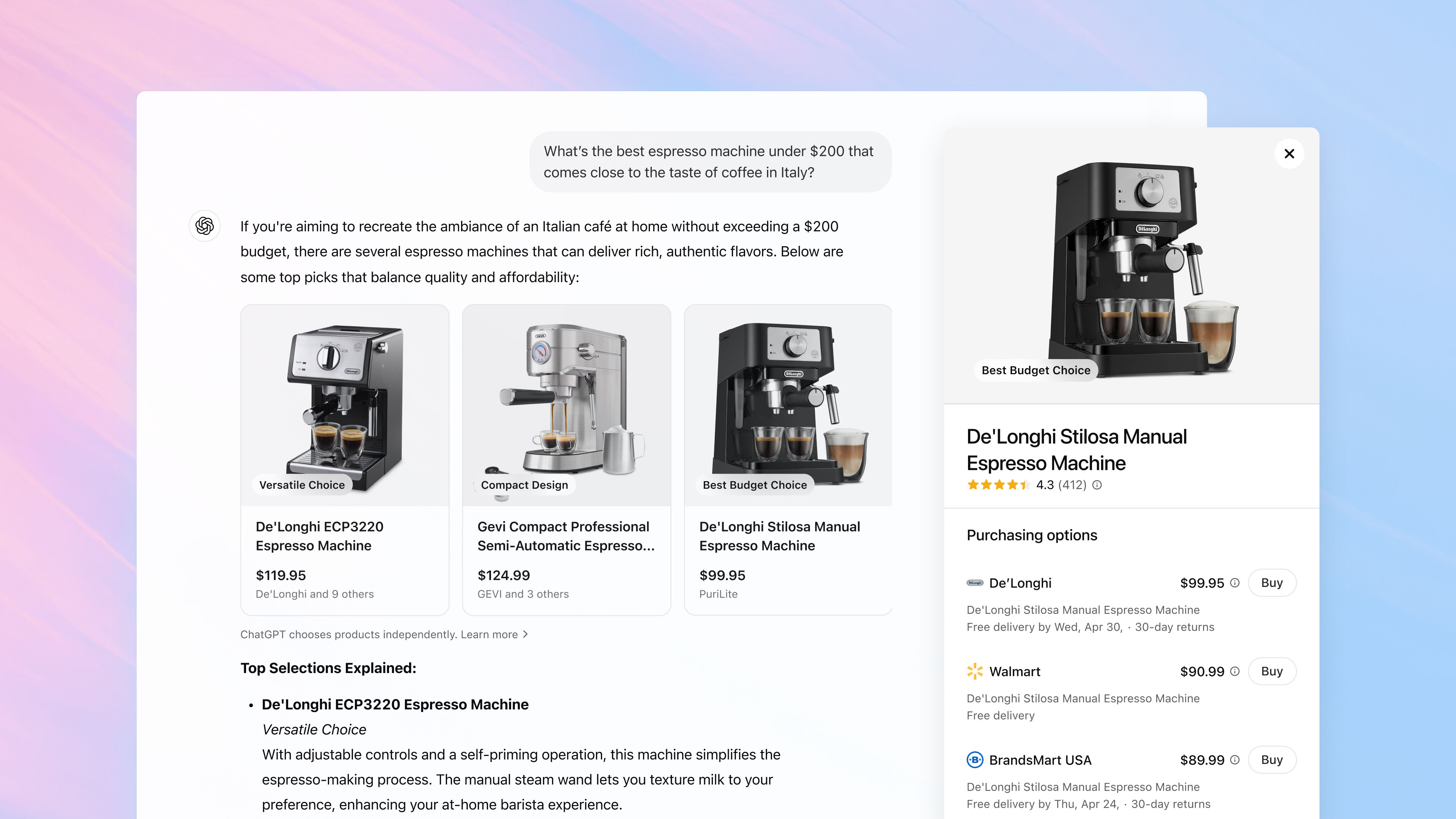






























.jpg)
















































































































![[The AI Show Episode 143]: ChatGPT Revenue Surge, New AGI Timelines, Amazon’s AI Agent, Claude for Education, Model Context Protocol & LLMs Pass the Turing Test](https://www.marketingaiinstitute.com/hubfs/ep%20143%20cover.png)














































































































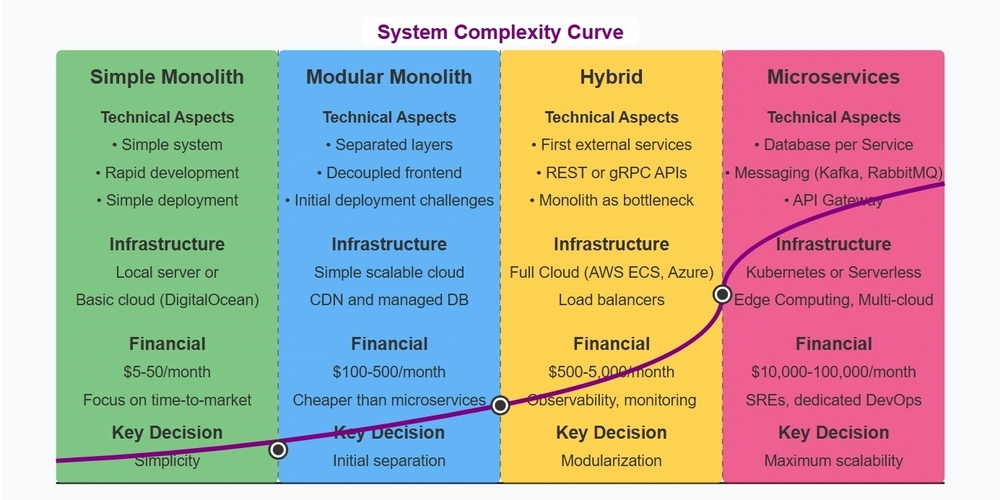

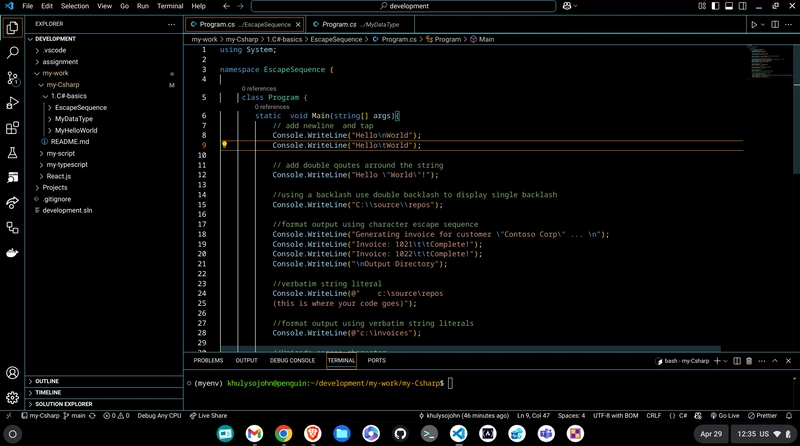






























































.jpg?#)






























































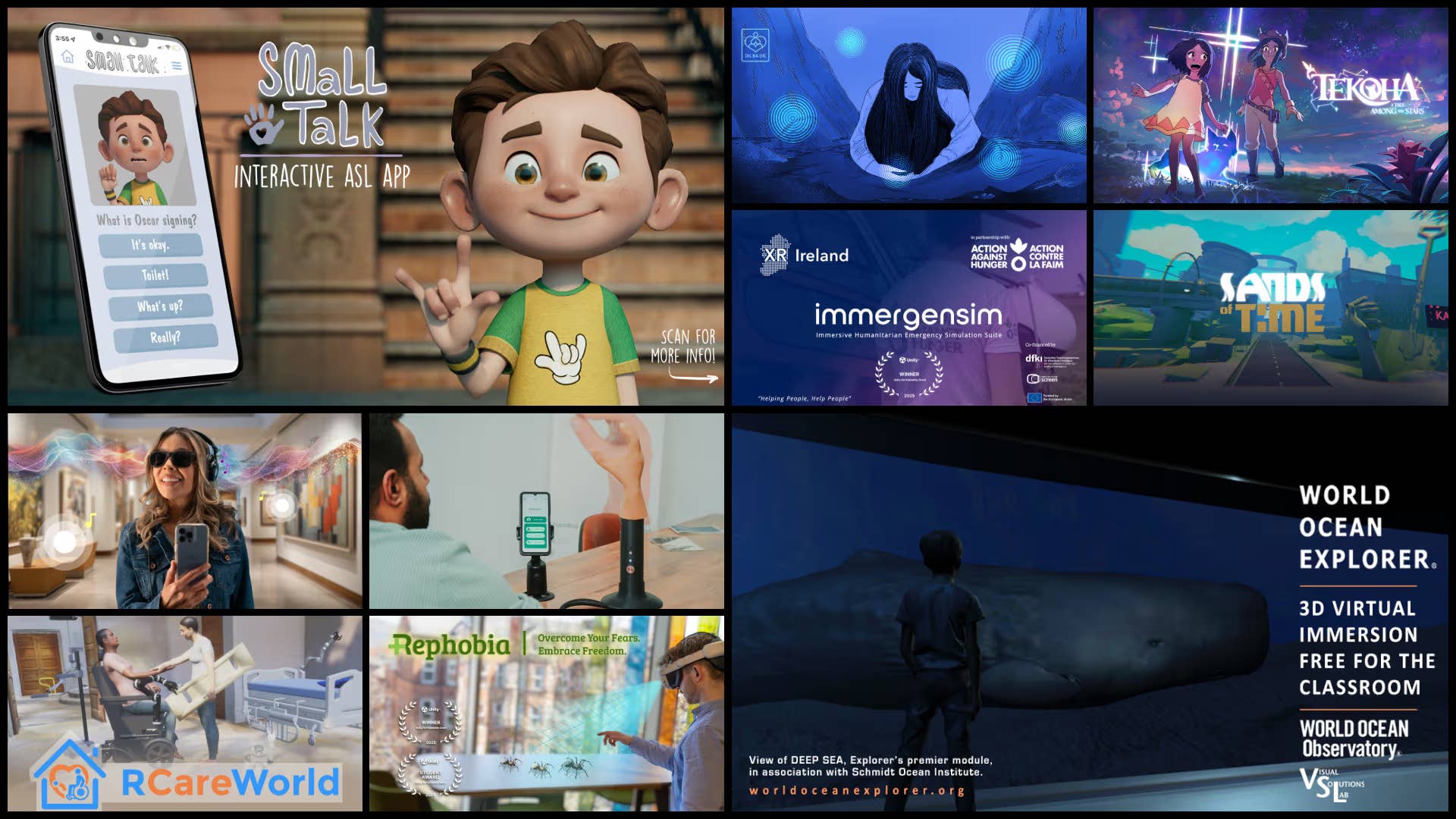

.png?width=1920&height=1920&fit=bounds&quality=70&format=jpg&auto=webp#)
.png?width=1920&height=1920&fit=bounds&quality=70&format=jpg&auto=webp#)


























_Muhammad_R._Fakhrurrozi_Alamy.jpg?width=1280&auto=webp&quality=80&disable=upscale#)


























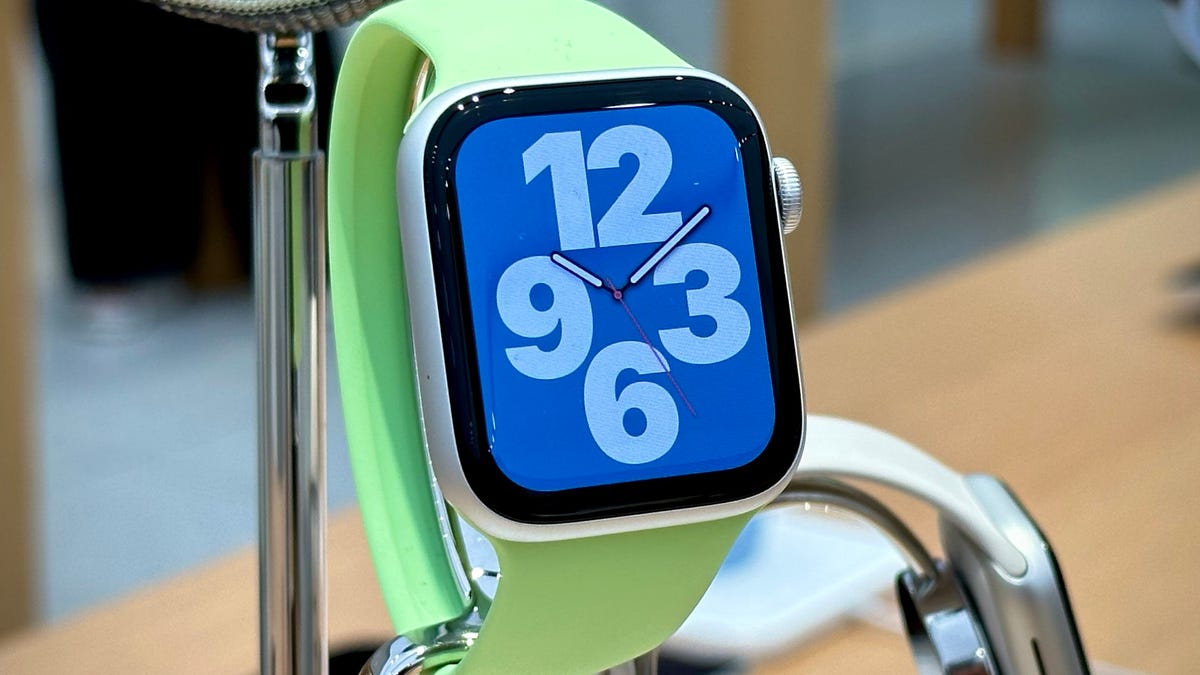






















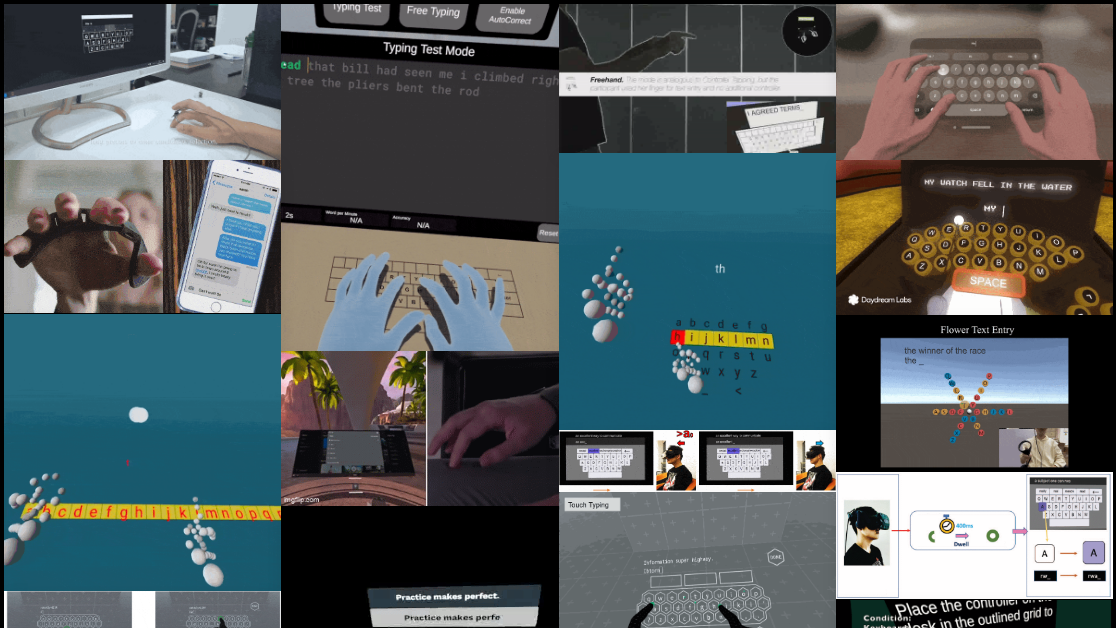



















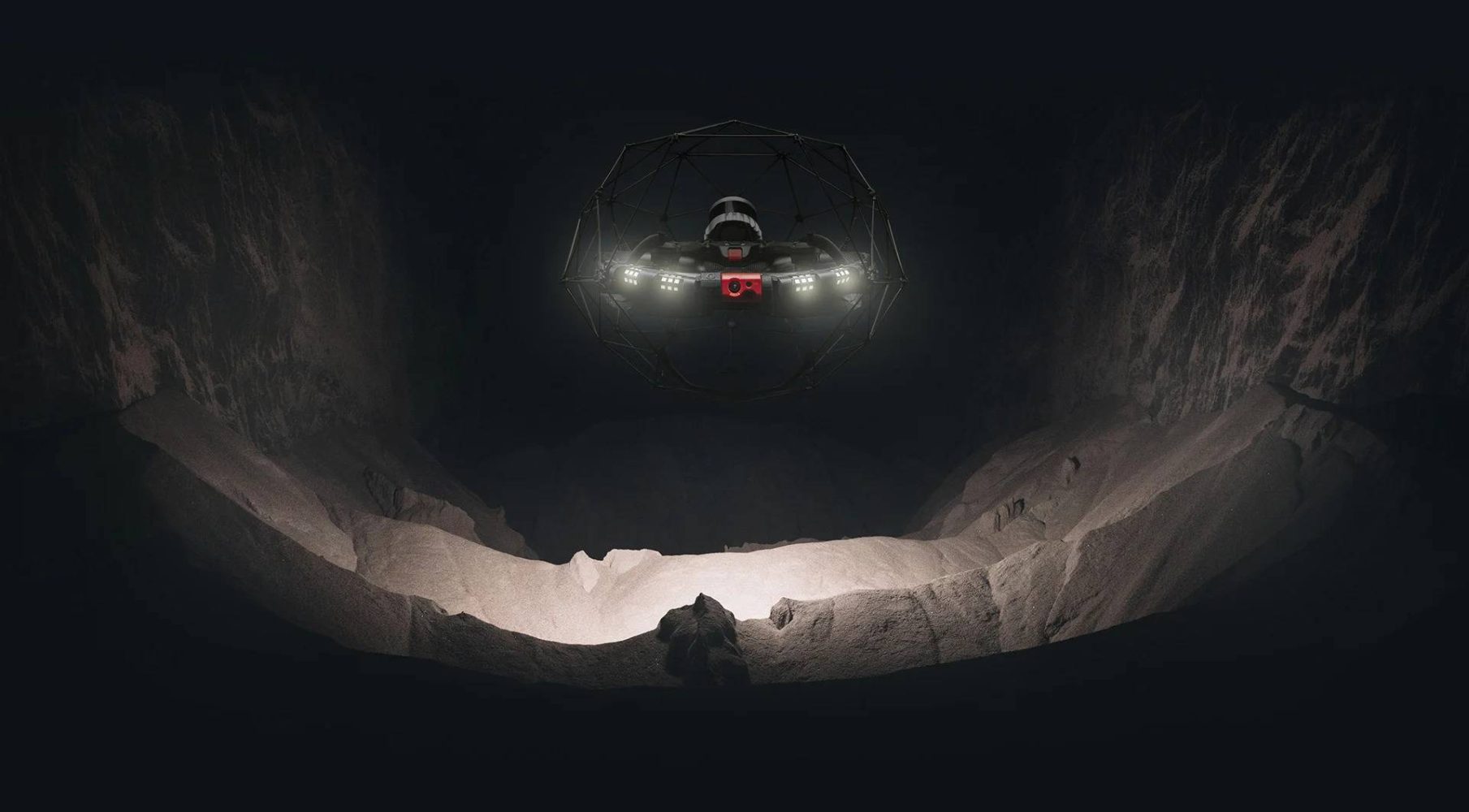







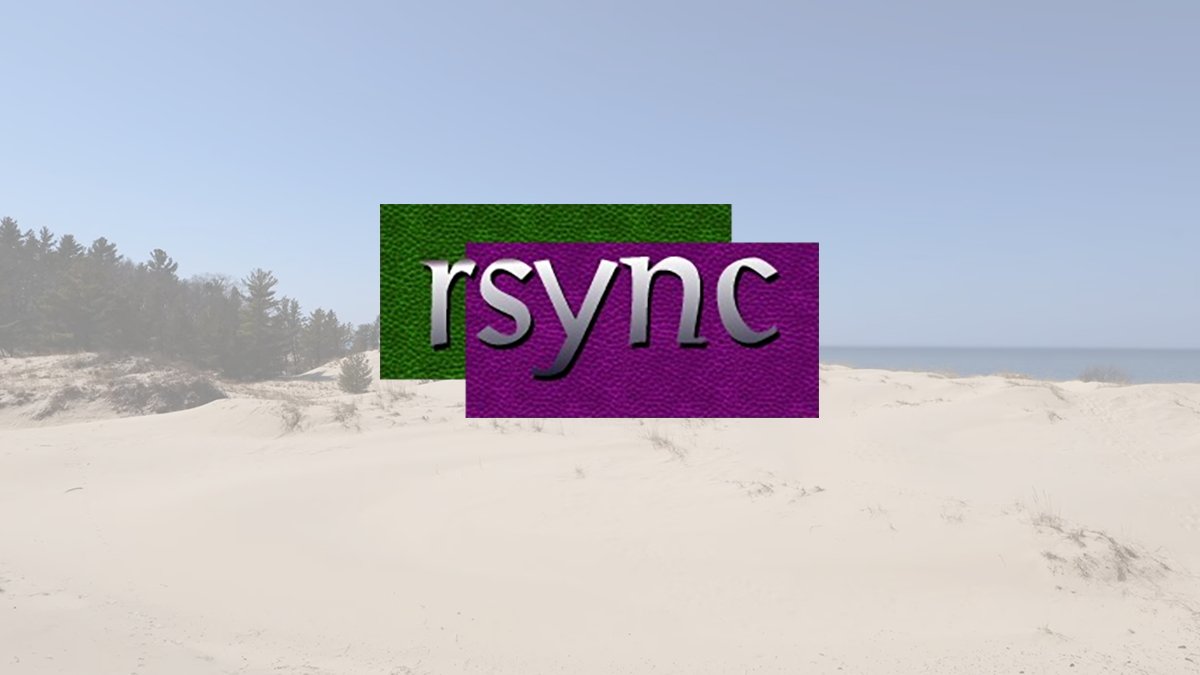
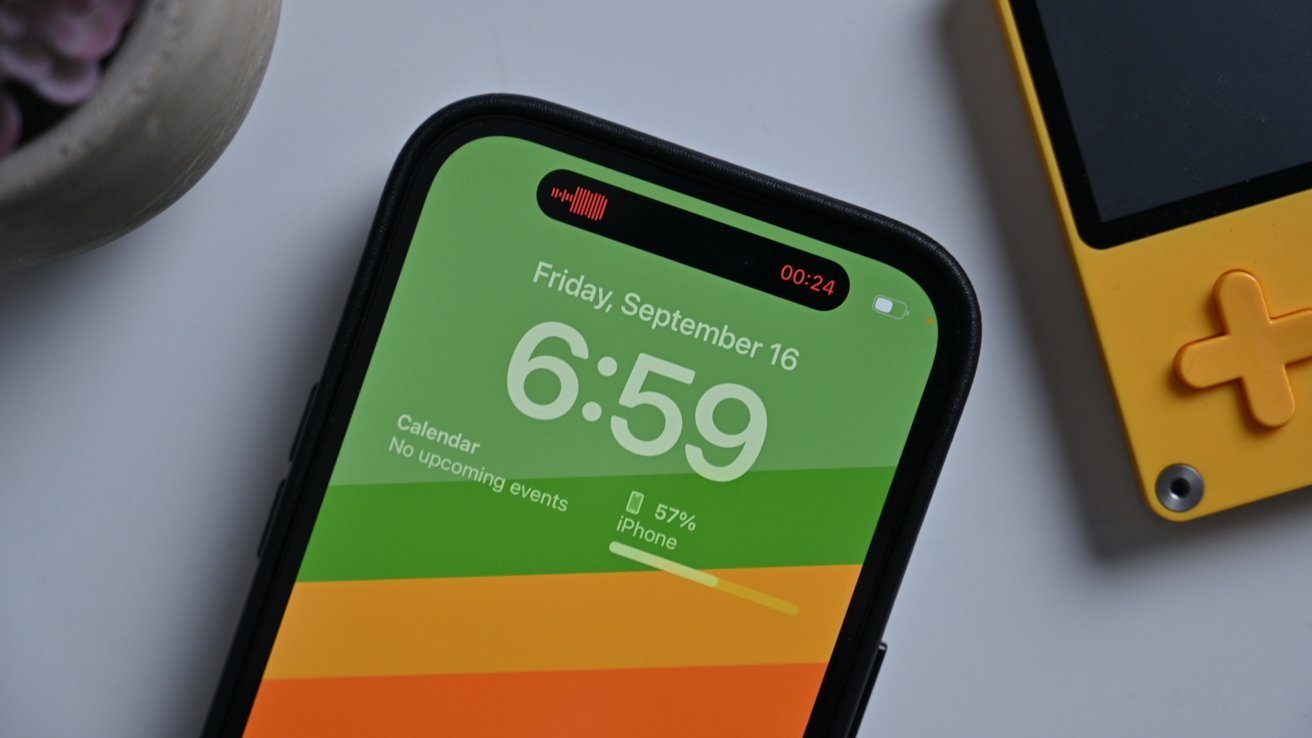







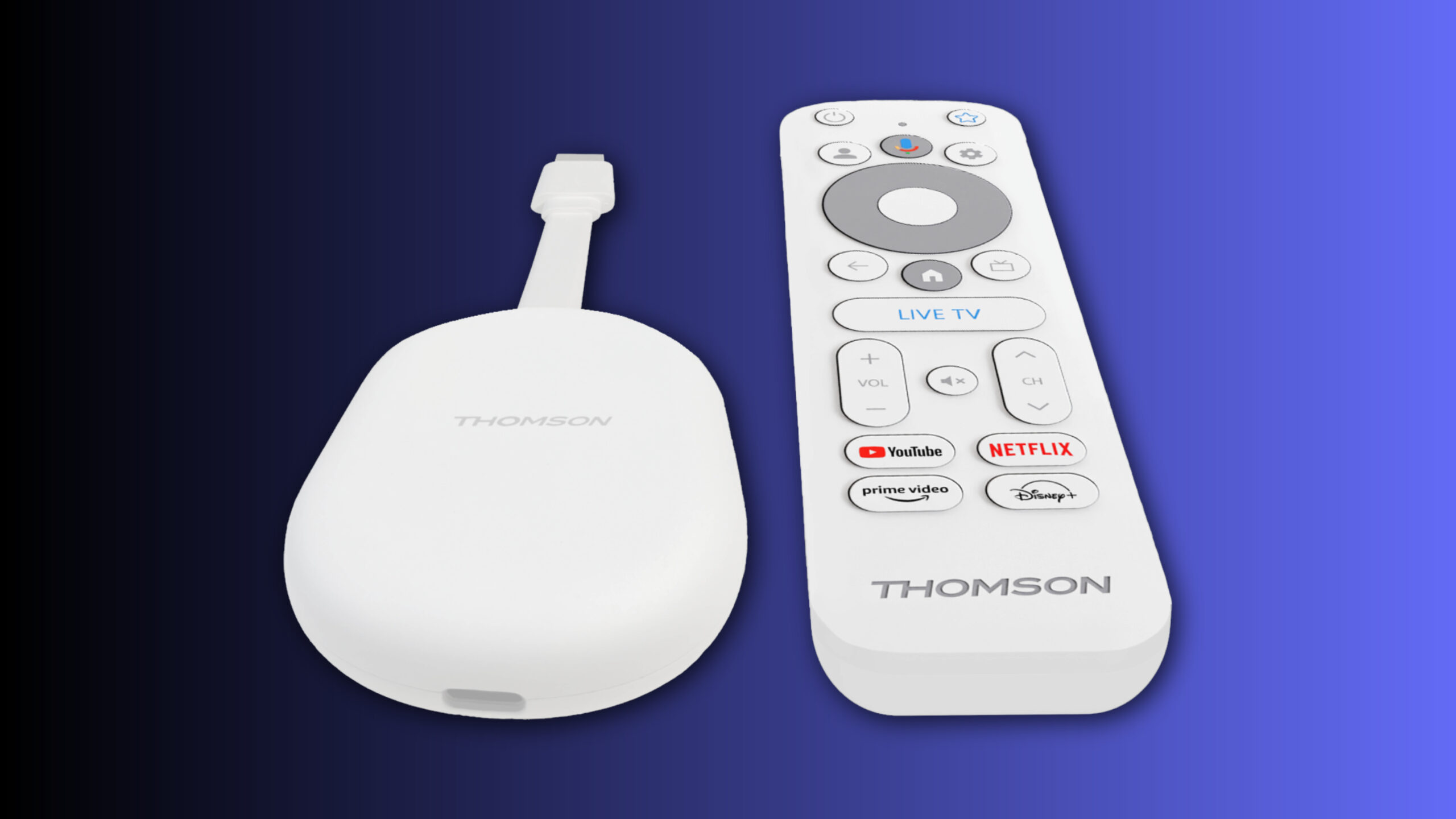



![macOS 15.5 beta 4 now available for download [U]](https://i0.wp.com/9to5mac.com/wp-content/uploads/sites/6/2025/04/macOS-Sequoia-15.5-b4.jpg?resize=1200%2C628&quality=82&strip=all&ssl=1)












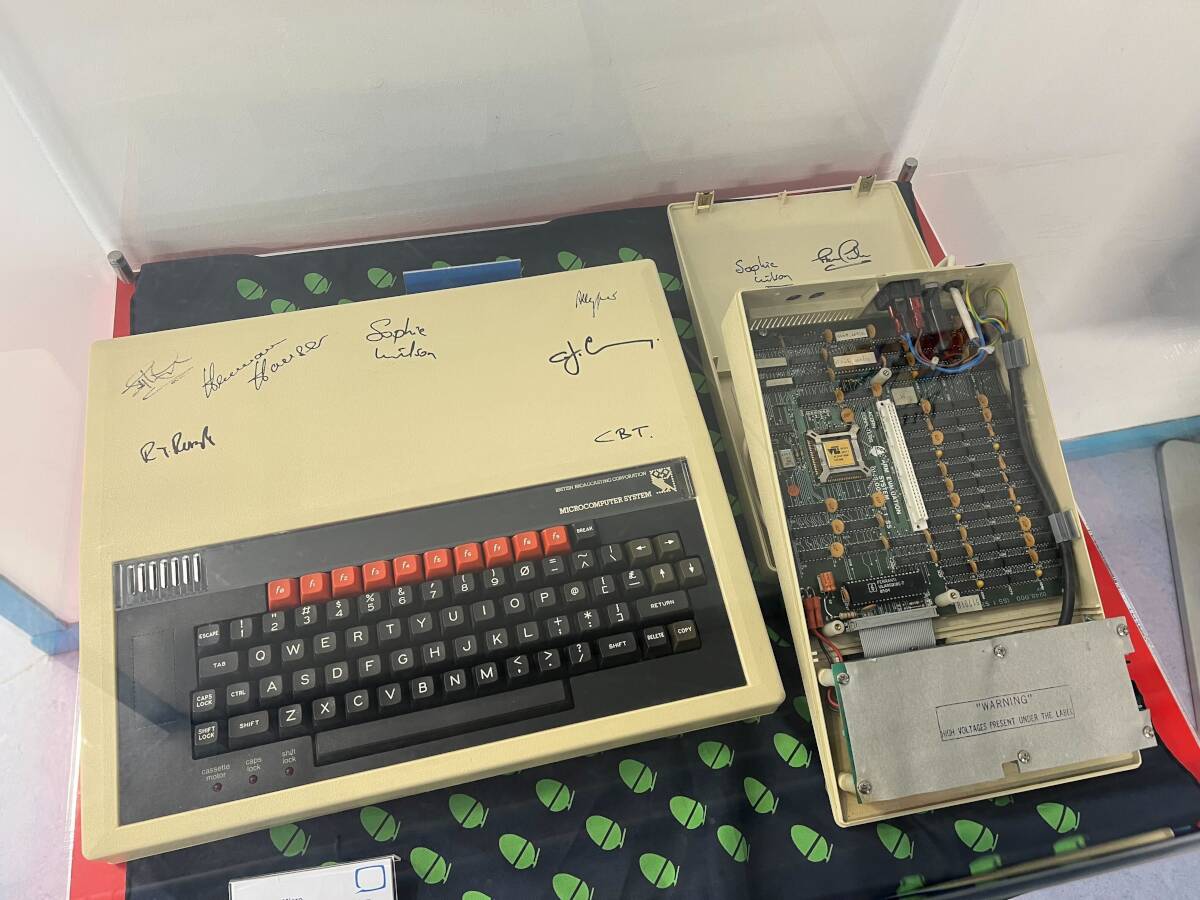



![AirPods Pro 2 With USB-C Back On Sale for Just $169! [Deal]](https://www.iclarified.com/images/news/96315/96315/96315-640.jpg)
![Apple Releases iOS 18.5 Beta 4 and iPadOS 18.5 Beta 4 [Download]](https://www.iclarified.com/images/news/97145/97145/97145-640.jpg)
![Apple Seeds watchOS 11.5 Beta 4 to Developers [Download]](https://www.iclarified.com/images/news/97147/97147/97147-640.jpg)
![Apple Seeds visionOS 2.5 Beta 4 to Developers [Download]](https://www.iclarified.com/images/news/97150/97150/97150-640.jpg)













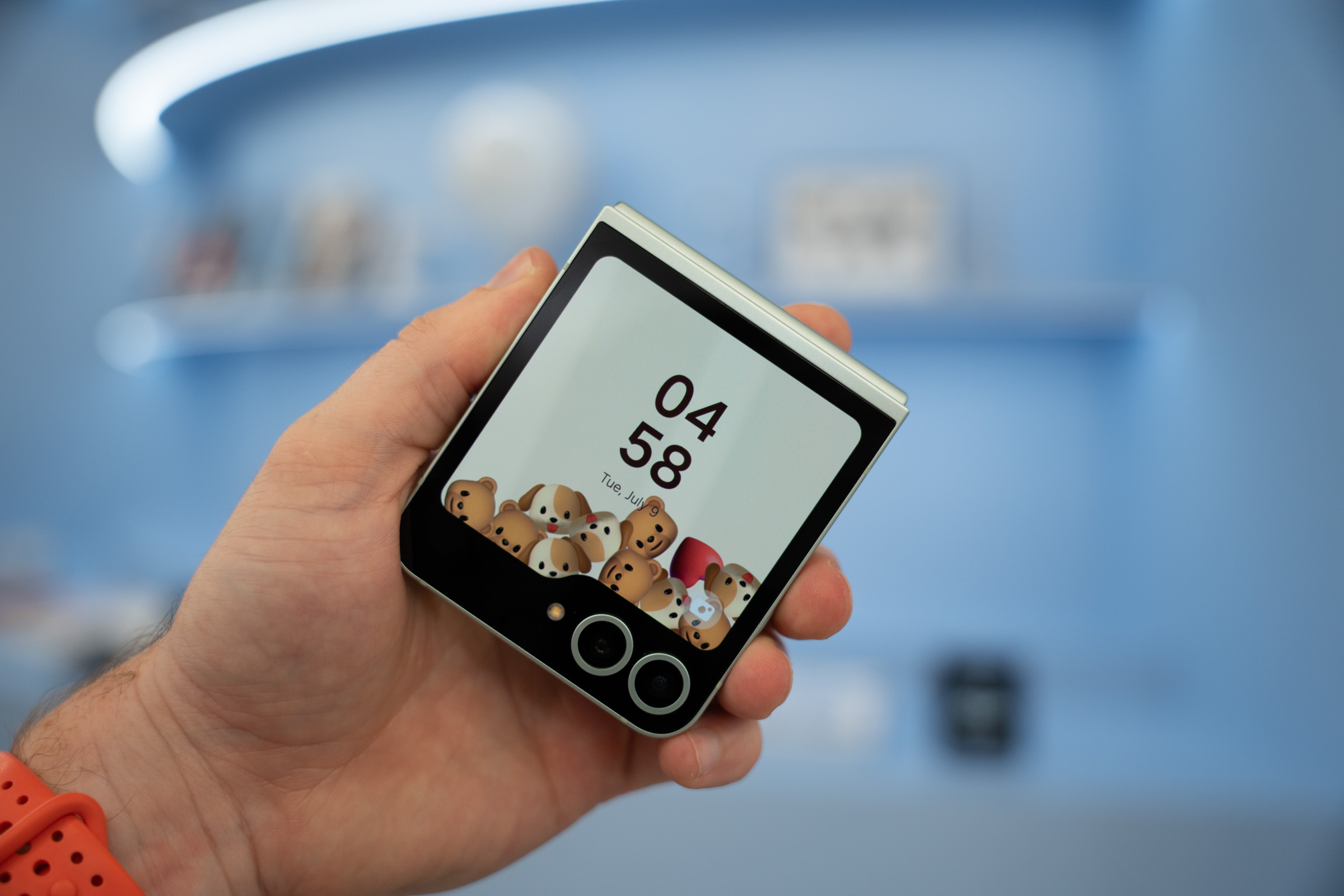
























![Apple Seeds Fourth Beta of iOS 18.5 to Developers [Update: Public Beta Available]](https://images.macrumors.com/t/uSxxRefnKz3z3MK1y_CnFxSg8Ak=/2500x/article-new/2025/04/iOS-18.5-Feature-Real-Mock.jpg)
![Apple Seeds Fourth Beta of macOS Sequoia 15.5 [Update: Public Beta Available]](https://images.macrumors.com/t/ne62qbjm_V5f4GG9UND3WyOAxE8=/2500x/article-new/2024/08/macOS-Sequoia-Night-Feature.jpg)




